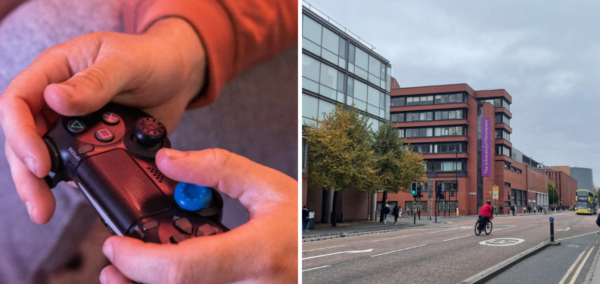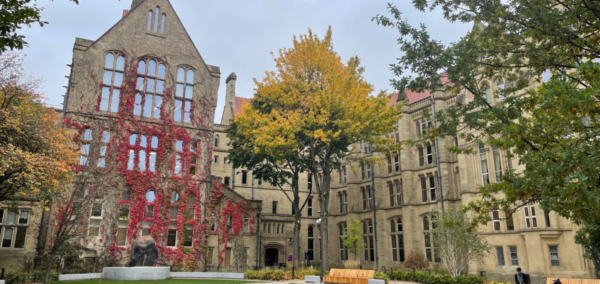
Bristol Uni staff marking dissertations at almost twice the usual speed, claim lecturers
Many dissertations are also allegedly being marked by volunteers rather than supervisors
A senior lecturer at the University of Bristol has claimed that some non-striking staff are currently marking more than 30 dissertations per week, around two times as many as they would usually manage if marking full-time.
This has caused an issue for final-year students as the lecturer told The Bristol Tab that it is not physically possible for lecturers to mark dissertations to a high standard while marking at such a rate.
“In reality, nobody who is marking more than 20 dissertations [per week] overall can be doing a good job,” they said.
Another senior lecturer has claimed that one of his colleagues was attempting to mark an astounding 60 dissertations in a week.
Despite ultimately falling short of that figure, it has been reported that many of his colleagues are still averaging above 30 dissertations per week.
Bristol University said it was “fully confident” in the quality of marking and always used “experienced” markers, adding it was doing its “very best to try and graduate students in difficult circumstances.”
In response to claims that dissertations are being marked at this staggering rate, a senior lecturer told The Bristol Tab: “I think given the fact that the Faculty of Arts workload model says that colleagues should take three hours to mark dissertations of up to 10,000 words I would have serious quality assurance concerns if it were verified that a colleague in this Faculty (or any other) had marked that many dissertations in a week.”
Most Read
Consequently, non-striking staff are adopting a higher workload which has forced an exponential increase in the rate of dissertation marking.
In order to deal with the boycott Bristol University, according to claims made by a senior lecturer in the Faculty of Arts, has been replacing dissertation supervisors partaking in the boycott with “volunteers or conscripts”.
This creates further problems concerning the quality of marking as dissertation supervisors possess “subject expertise and knowledge of the project” which is difficult to replicate, meaning students can potentially be “marked down for not doing x when the supervisor had previously advised them not to do x.”
As some of the affected dissertation marks have slowly begun to be released to students in recent days, many have expressed their outrage at marks being far lower than expected and feedback being contradictory.
A final-year Classics student said: “It seems unfair that I put so much work into it and didn’t get the same in return when it came to marking it.
“A lot of people on my course have been kicking off… saying they got a mark way below their usual ones and that they’re getting feedback that contradicts what their supervisor told them in meetings.”
With more marks set to be released in the coming days and weeks, this anger is expected to intensify and Bristol Uni’s handling of the marking and assessment boycott will come under further scrutiny.
Following today’s news that Bristol UCU has announced further strike action scheduled for next week, it looks unlikely that the boycott will come to an end anytime soon.
A spokesperson for the University of Bristol said: “We are doing our very best to try and ensure that we are able to progress or graduate our students in difficult circumstances.
“We are fully confident in the quality of our assessment practices, our quality assurance processes, and the integrity of our assessment outcomes. We always use markers who are experienced in the discipline they are marking.”
Related stories recommended by this writer:
• Breaking: Bristol University students will graduate even if their diss goes unmarked
• Bristol Uni under pressure as hundreds sign open letter to get exams marked this summer
• UCU warns Bristol Uni won’t be able to find enough staff to mark summer exams


















